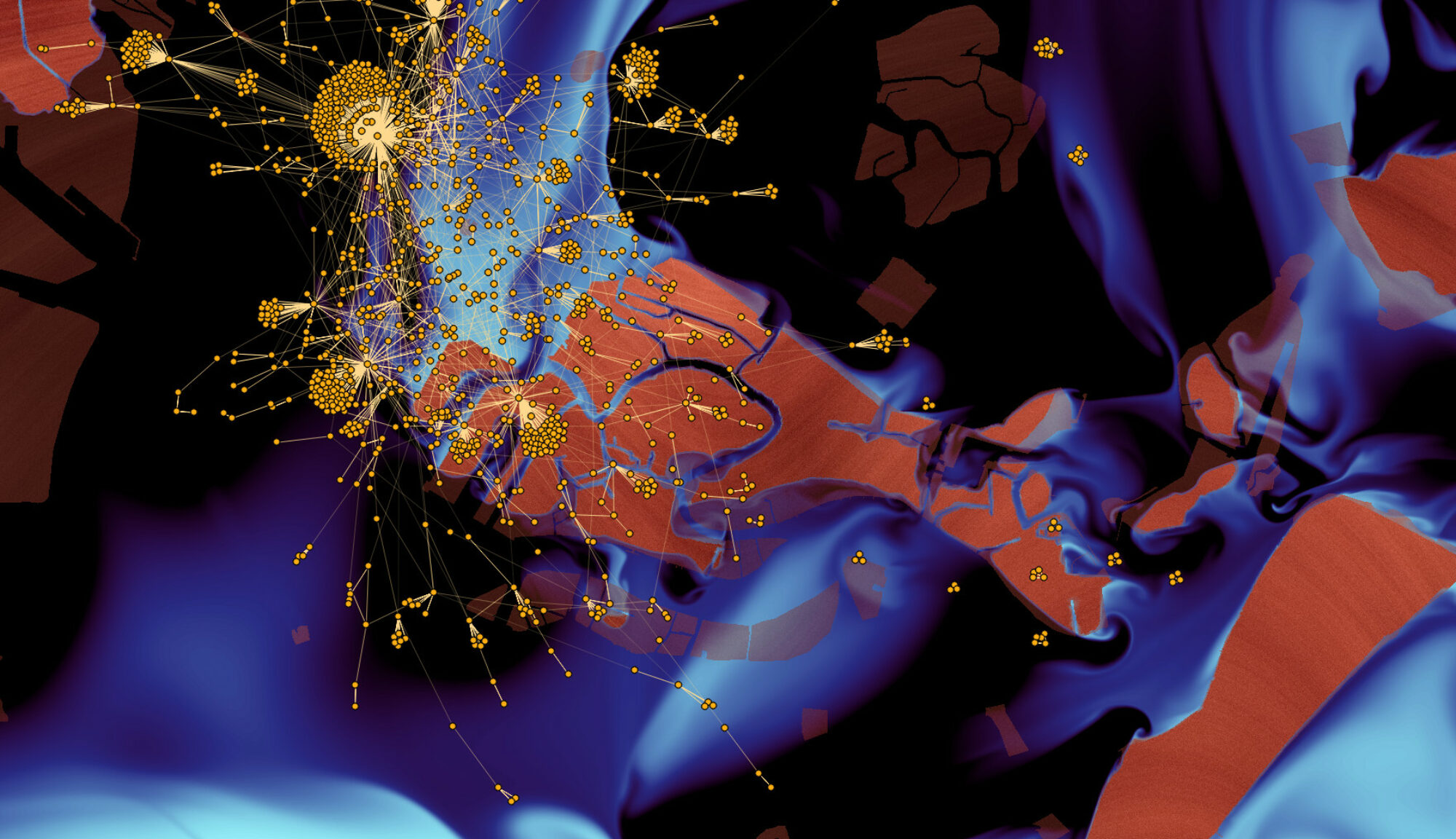Ingo Scholtes
Mercredi 19 Octobre 2016à 11h00 salle 24-25/405
Recent research has highlighted limitations of studying complex systems with time-varying topologies from the perspective of static, time-aggregated networks. Non-Markovian characteristics resulting from the specific ordering of interactions in temporal networks were identified as one important mechanism that alters causality and affects dynamical processes. So far, an analytical explanation for this phenomenon and for the significant variations observed across different systems is missing. Summarizing our recent research in this area, in this talk I will introduce a framework that allows to analyze temporal networks with non-Markovian characteristics. The framework is based on higher-order aggregate networks, a simple generalization of the commonly used static representation of temporal network data. I will show that spectral properties of such higher-order aggregate networks can explain the slow-down of diffusion processes compared to aggregate networks, which has been observed in a number of empirical data sets. I further show that we can derive an exact analytical prediction for the magnitude of this change compared to the weighted, time-aggregate network. I finally present recent results on the analysis of node centralities in non-Markovian temporal networks, concluding that this approach provides interesting perspectives for (i) temporal community detection by spectral clustering, (ii) refined measures of centrality for time-evolving networks, and (iii) analytical studies of dynamical processes in complex systems with time-evolving interaction topologies.
